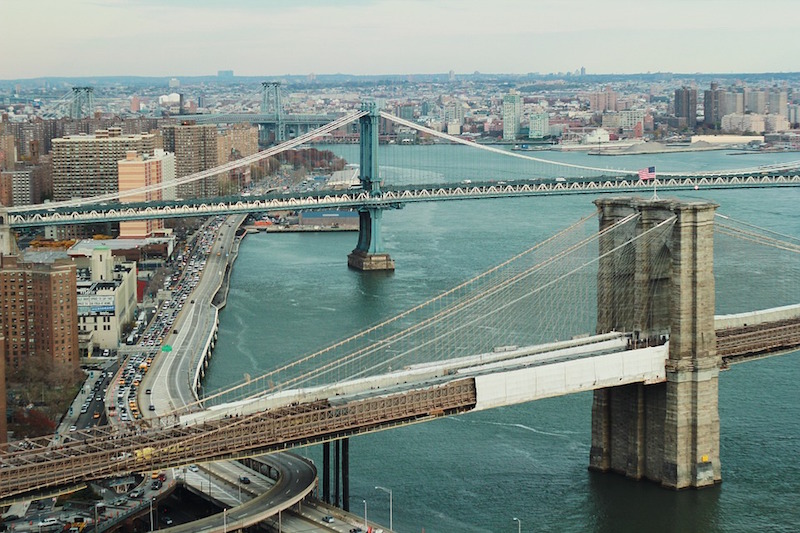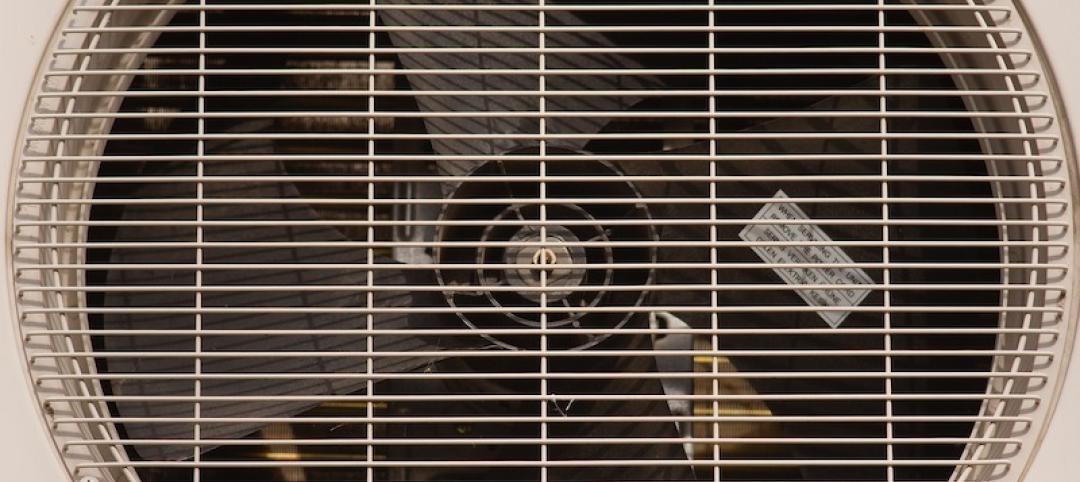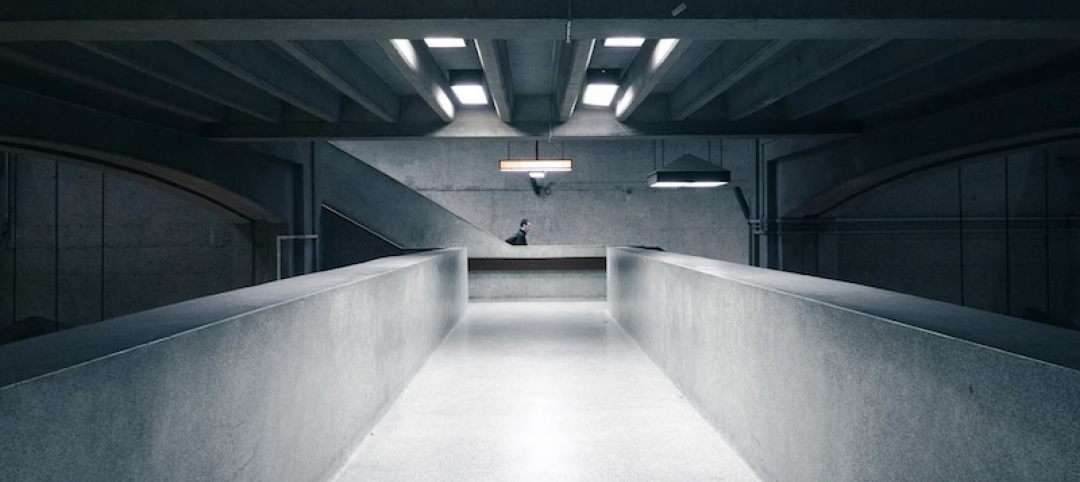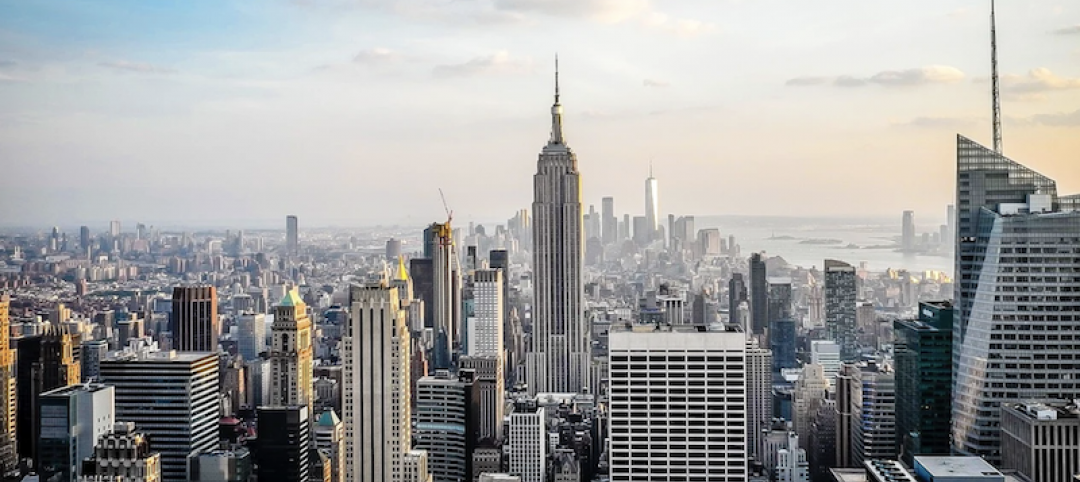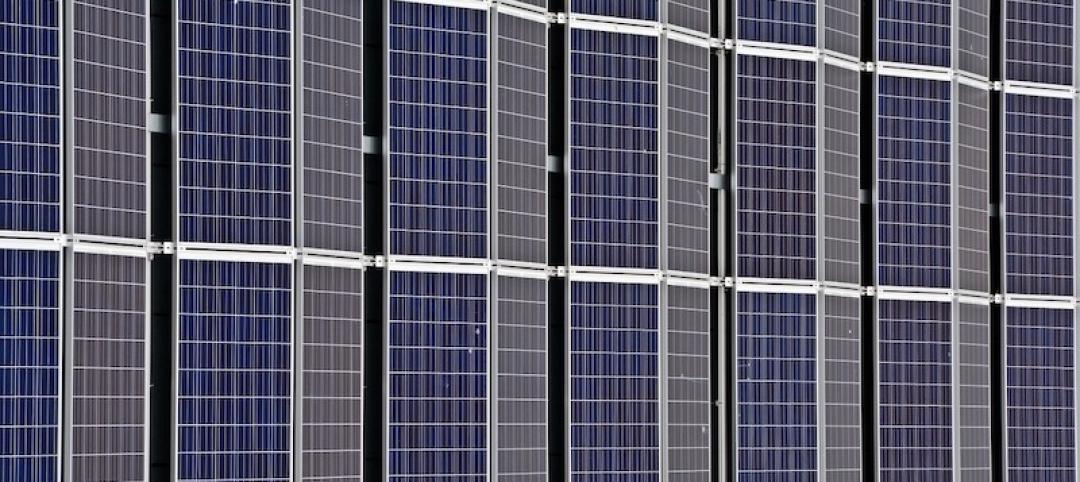The developer of a New Jersey condominium development and its architecture firm face a $10 million construction defect verdict in a case involving non-compliance with fire codes.
The Grandview I building on the Hudson River, developed by Hovnanian Enterprises’ subsidiary, K. Hovnanian and designed by RTKL New Jersey Architects, was alleged to have been built in a condition that was not compliant with fire codes. The plaintiff—the condominium association--alleges that the developer knew about the non-compliance and failed to disclose this fact with buyers.
According to the plaintiff’s attorneys, the architect designed the building with plywood subflooring and later warned the developer that to comply with code the structure would have to be reclassified from Type 2 to Type 3. The reclassification would have allowed plywood if the building’s exterior steel-with-brick-veneer walls were rebuilt with code-required masonry walls.
The building codes provide for five types of buildings, ranging from the most fire-resistant Type 1 — often a skyscraper — to Type 5, typically a wood-framed house. Defense attorneys argued that the plywood flooring was not a life-safety issue, since fire alarms and exits would allow all residents to safely vacate the building. The condo association's attorneys agreed that there was no threat to residents' lives, but that property could suffer more damage as a result of the code violation.
Related Stories
Codes and Standards | Aug 11, 2020
Inefficient air conditioning is a key contributor to global warming
More efficient equipment and buildings could make a big difference.
Codes and Standards | Aug 10, 2020
Concrete Institute and Post-Tensioning Institutes expand partnership
Will collaborate on new structural post-tensioned concrete code requirements.
Codes and Standards | Aug 6, 2020
SpeedCore demonstrates excellent fire resistance without additional fire-protective coatings
New York City approves metal-concrete product for all five boroughs.
Codes and Standards | Aug 5, 2020
Designing, redeveloping communities for zero energy needed to address climate change
District heating and cooling systems boost efficiency.
Codes and Standards | Aug 4, 2020
Virginia is the first state to adopt COVID-19 worker safety rules
Include social distancing requirements, notifications when co-worker tests positive, timelines to return to work after recovery.
Codes and Standards | Aug 3, 2020
Report aids local governments on policy options, pathways to electrify new buildings
Document focuses on switching appliances and equipment away from natural gas, propane.
Codes and Standards | Jul 30, 2020
Institute for Market Transformation acquires Energy-Efficient Codes Coalition
Goal is to achieve net-zero construction by 2050.
Codes and Standards | Jul 29, 2020
Crackdowns grow on construction firms that fail to follow COVID-19 guidelines
States, cities, and OSHA enforce social distancing, hand-washing regulations.
Codes and Standards | Jul 28, 2020
California utility adopts climate emergency declaration
Sacramento-region company commits to working towards carbon neutrality by 2030.
Codes and Standards | Jul 27, 2020
Updated Energy Plus and OpenStudio building energy modeling tools released
Software offers performance enhancements.


